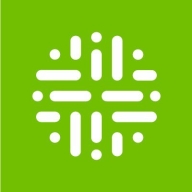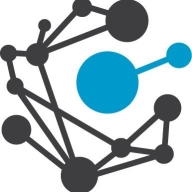

Find out in this report how the two Data Governance solutions compare in terms of features, pricing, service and support, easy of deployment, and ROI.


Data lineage reveals how data transforms through its life cycle across interactions with systems, applications, APIs and reports. Collibra Lineage automatically maps relationships between data to show how data sets are built, aggregated, sourced and used.
OvalEdge is a data catalog and data governance tool that virtually centralizes all of a company's data into a single repository or catalog. OvalEdge provides a progressive approach to data governance, helping companies to:
Catalog: Make data asset discovery easy by automatically cataloging your enterprise data assets.
Collaborate: Provide a self-service collaborative experience for your analytics, data, and business teams that helps them find, understand, enrich, and share data assets quickly and easily.
Comply: Define and apply data controls that ensure data quality, enforce data governance policies, and verify that the business is meeting compliance requirements and minimizing risk.
OvalEdge runs on lean infrastructure. Also, since it is architected with an open framework, it can be seamlessly integrated with other applications.
We monitor all Data Governance reviews to prevent fraudulent reviews and keep review quality high. We do not post reviews by company employees or direct competitors. We validate each review for authenticity via cross-reference with LinkedIn, and personal follow-up with the reviewer when necessary.